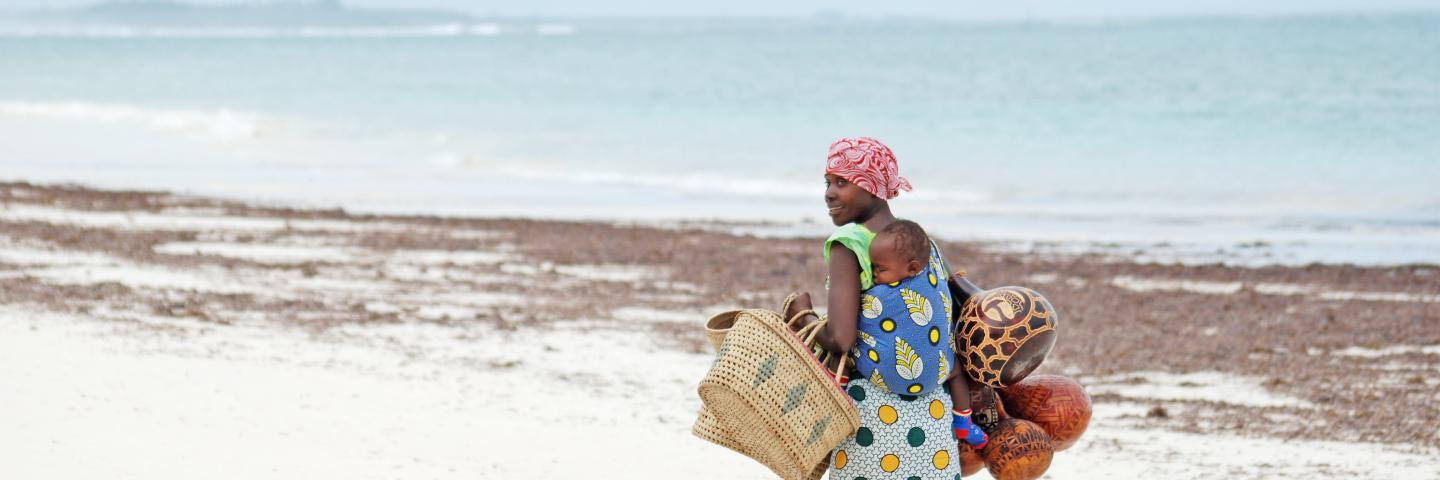Bouriez Fellowship for Francophone Students
The Bouriez Family Fellowship, administered by the Institute for African Development (IAD), sponsors exceptional students from Francophone Africa as they pursue professional training in law or global development at Cornell University.
The highly selective awards are for one year of study in the Cornell Law School LLM program or the Global Development MPS program in the College of Agriculture and Life Sciences. In the Chronicle: Read about the inaugural Bouriez fellow, David Arnaud Ngam à Kibeng of Cameroon.
Created by a generous gift from Pierre and Aurélie Bouriez, the Bouriez Family Fellowship supports graduate study for citizens of French-speaking African countries, fostering connections between Cornell and institutions of higher learning in Francophone Africa and advancing Cornell's mission to educate the next generation of global citizens.
Award
The Bouriez Family Fellowship provides a $20,000 stipend to support one year of study in the Cornell Law LLM or Global Development MPS program. The aid package also includes a college tuition waiver.
Eligibility
Prospective scholars will be identified by their institutions and interviewed by the IAD Fellowship and Grants committee. All prospective scholars must apply and be accepted into one of the two colleges to be eligible for the award.
The award is reserved for citizens of French-speaking Africa. Students with dual citizenship or residents of countries outside Francophone Africa are not eligible.
Selection Process
The Bouriez fellow is selected through an annual competitive process that considers applicants' academic excellence, professional trajectory, dedication to social equity, and commitment to advancing Africa’s development in their chosen profession.
IAD's graduate fellowship committee evaluates candidates based on the following criteria:
- Proven record of leadership and accomplishment in public service, business, or civic engagement
- Demonstrated commitment to community service, volunteerism, or mentorship
- Academic excellence
- Commitment to return to Africa to work upon completion of study
- Country’s need for the student’s specialized skills
The committee may also consider geographic and gender diversity.


